Has Chinese Beauty Animal Testing Come To An End?
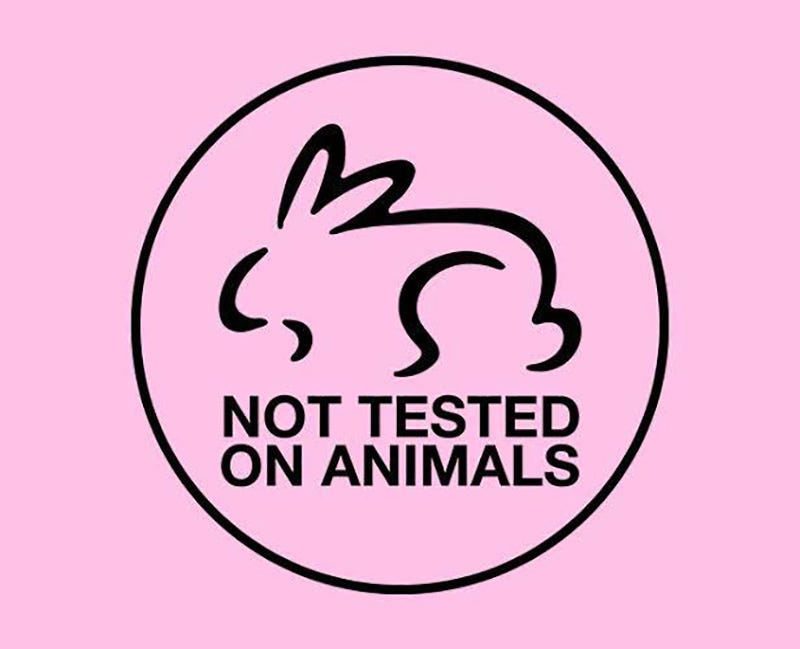
All of us are aware that China has traded and consumed animals for centuries, they have been utilizing the animals for almost everything from traditional Chinese medicine to research, and fur to beauty. China has been promoting culture like The Yulin “Lychee and Dog Meat” festival, which is an annual 10-day event where over 10,000 dogs are eaten, but, after the outbreak of COVID-19 the celebrations were very controversial this year, the point to note is, it somehow still took place. Being the second-largest beauty industry in the world behind the United States, China is an attractive prospect for any beauty brand aiming to globalize while encouraging its brand turnover and making a place in the beauty industry trends 2020 and every upcoming year.
The country is undoubtedly an expansion target for the beauty industry to spread some natural beauty tips and make a mark in the beauty market. However, not all beauty industry brands can enter the Chinese market as it is not quite easy as they hope. The topic of concern here is, of course, the strict animal testing laws.
The Chinese government rule required all cosmetic and personal care products to be tested on animals before entering for sale in the Chinese beauty market. Although since last year, there has been speculation on the change of rules in China’s animal testing requirements for cosmetics. The question remains, what exactly has changed? Does Chinese beauty products no longer require to be tested on animals? How did the COVID-19 outbreak lead to changes in the Chinese beauty industry?
How The Propaganda Of Cruelty-Free Beauty Initiated?
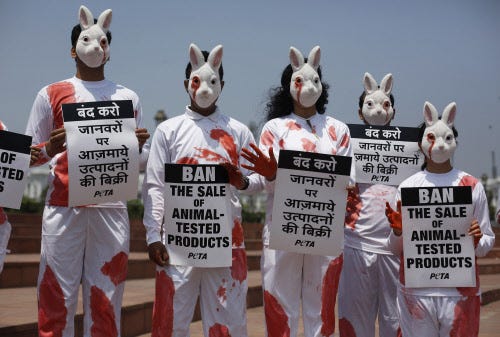
How The Propaganda Of Cruelty-Free Beauty Initiated
It all began in 1938 when The United States Food, Drug & Cosmetic Act was signed into law, requiring some safety substantiation of cosmetic products. The beauty brands were compelled to begin testing their products on animals. The world then started spotting how these tests were causing immense animal suffering.
In 1980 the beauty industry witnessed a new rage among people, and this got highlighted when Advocate Henry Spira waged a campaign to get renowned cosmetics brand Revlon to stop using the Draize test. The Draize Test is performed to assess the irritation potential of materials that might accidentally come in contact with human eyes. In the year 1991, the European Centre for the Validation of Alternative Methods was founded, to look into the development and acceptance of alternative test methods that reduced and replaced animal brutality. The good news came when the United Kingdom banned animal testing for cosmetic products and ingredients in 1998. Two years later, the Interagency Coordination Committee on the Validation of Alternative Methods (ICCVAM) Authorization Act was signed. This law established the evaluation and adoption of alternative test methods.
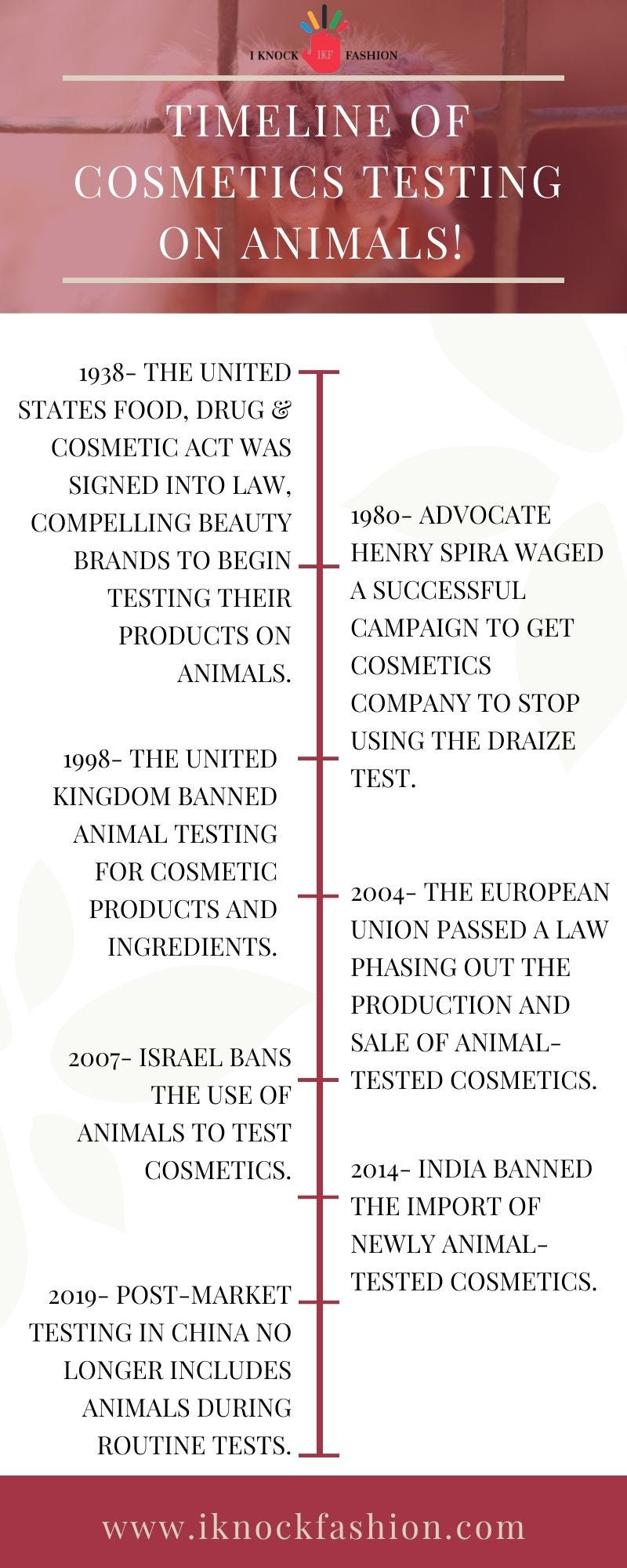
Timeline Of Cosmetics Testing On Animals!
In 2004 the European Union passed a law phasing out the production and market of animal-tested cosmetics. Israel banned the utilization of animals in testing cosmetics in the year 2007. In the year 2013, India became the first country in South Asia to ban the test of cosmetics and its ingredients on animals. In the same year, China implemented a rule to remove mandatory animal testing for non-special use cosmetics manufactured within China.
China holds an unfavorable reputation globally in the cosmetic and cruelty-free arena. As it is a country that requires all imported cosmetics to be tested on animals, which means any beauty brand aiming to import and sell in China must consent and pay to have their products tested on animals by the Chinese government.
In the year 2012, PETA(People For The Ethical Treatment Of Animals) was the first to bring China’s animal brutality to light. This was the major reason which led China to do some changes in its laws, but the changes were only limited to non-special use of cosmetics that were made in China. Hence, the rule remained the same for imported cosmetics, special-use cosmetics, and cross-border e-commerce channels (online sales).
The Beauty Industry And Controversies!
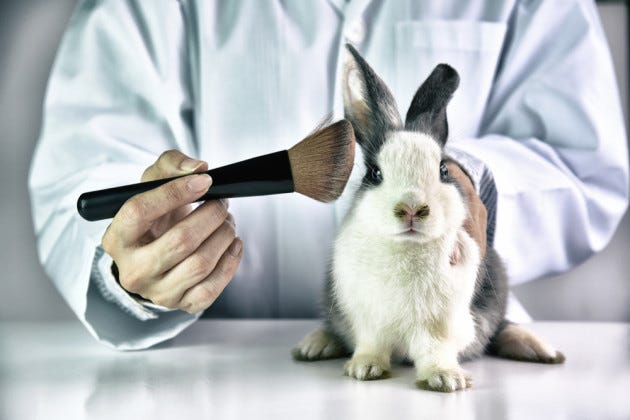
The Beauty Industry And Controversies!
The NARS controversy was one of the biggest in the beauty industry, a loyal cruelty-free brand NARS shouted its green credentials from the rooftops. But in 2017, the brand decided to bypass its morals and launch into China regardless. The brand showed up and stated how they firmly believe in cruelty-free products but agreed to the local laws of the markets in which they operate, including China. Later as the vegan, the eco-friendly movement exploded in China, more beauty brands woke up to the slight loosening of rules in Beijing, with companies being allowed to sell directly from overseas via online platforms such as Alibaba and others.
The Fenty Beauty, Rihanna’s cult brand states that it is cruelty-free and never tests on animals, nor do they allow suppliers or affiliates to conduct animal testing on their behalf. The brand in September 2019 due to the relaxed rules, entered the Chinese market via Alibaba’s Tmall Global. The brand felt quite positive about this collaboration and mentioned how this made their products accessible to their digitally savvy Chinese consumers while staying true to their 100% cruelty-free commitment.
Was Online The Best Way?
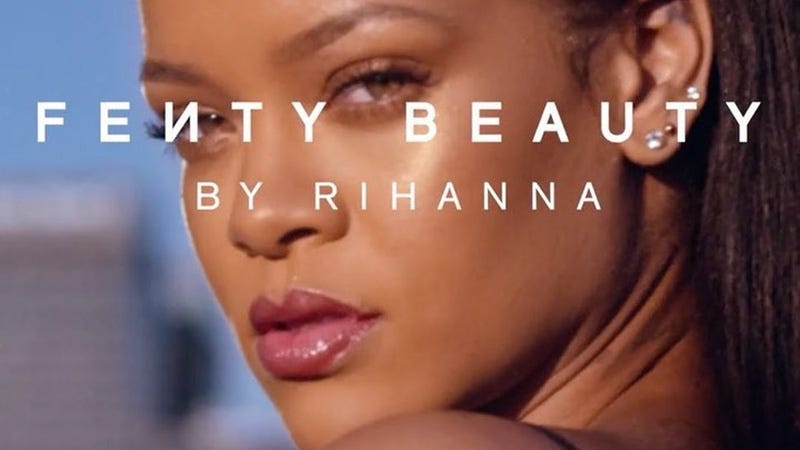
Fenty Beauty
After The Fenty Beauty took this step, numerous staunch anti-animal testing activists claimed this route to be as one of the most dishonest ones by cruelty-free brands. They believed the brands were actively entering into a country that insists on animal testing by law. But, it was undeniably an attractive option for many companies. The Indie brands that were looking to expand internationally saw it as a route into a lucrative market without having to sacrifice their credentials as a company free from animal testing. Still online is the new normal, and it’s giving route to the brands to capitalize on the global beauty industry market without contradicting their company’s values. It won’t be wrong to say that the arrival of cross-border selling has made cruelty free products available in China too.
Will Animal Testing Ever End In China?
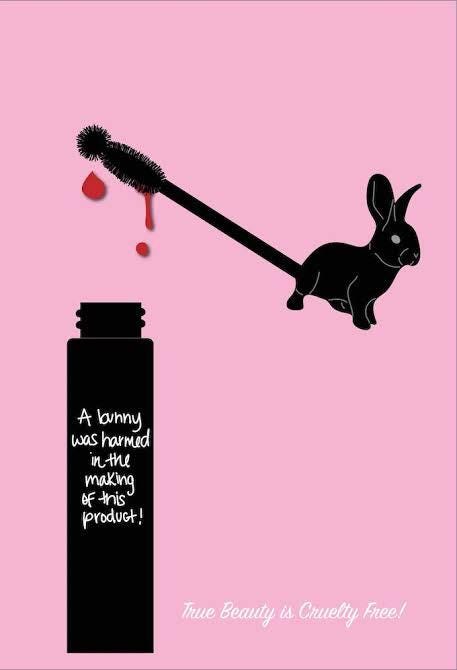
Animal Testing
In June 2019, there was a huge announcement by the NMPA (China’s equivalent of the US FDA) that they were looking into alternative testing methods for non-special-use cosmetics. In January this year, another announcement was made that stated- China’s State Council had given a go for long-awaited cosmetics regulatory changes and mentioned that imported cosmetics should come in line with domestic cosmetic regulations. The details of this specific information were supposed to be released by the end of March 2020. The beauty industry was hopeful that this would mean an end to animal testing for imported non -special use cosmetics.
Will The Pandemic Be The End Of Animal Testing?
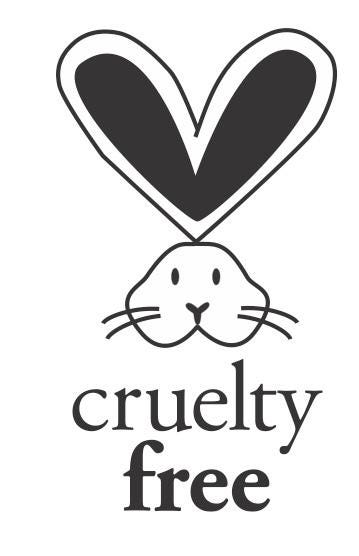
Cruelty-Free
Before the outbreak of COVID-19, the beauty industry was witnessing a major change as one of the most exciting developments in recent years was taking place. The Chinese Premier Li Keqiang implied that before April 2020, animal testing might come to an end. But it dropped off from the priority list as coronavirus kicked in.
To understand the status and scenario better, you need to know that in China, beauty products are classified into two groups: non-special (moisturizers, make-up, and items like shampoos) and special (anything with an additional, more scientific function like sunscreen and hair dye). Although the pandemic may have shifted the focus, for now, the ban had been a long time coming.
It stated that imported special products would still require animal testing; the new legislation will mean that imported non-special products would not fall under testing mandates.
It’s being speculated that for the beauty market as a whole, it will be a huge profit, as Chinese consumers tend to take natural beauty tips and prefer to stay updated with beauty industry trends 2020. For international cosmetics and skincare brands, it will potentially open up a market forecasted to reach £51.3 billion. For the wildlife, it will mean the initiation of an end to the unnecessary suffering they have endured for far too long. The pandemic has led to something good for the beauty industry.
I Knock Fashion Desk (Conclusion)
There’s no denying that China is one of the largest beauty markets in the world to require mandatory and regular animal testing on cosmetics. It leads us to the conclusion that there are still numerous markets that have not abolished animal testing. It is still legal in Australia, although not widely used. After the outbreak of COVID-19 let’s hope that the beauty industry gets the taste of its own medicine and the European Union’s and more countries declare animal testing illegal, along with the selling of products that have been tested on animals. It’s time the beauty industry finds better methods to maintain public safety, so beauty brands looking to enter the Chinese market can find alternative routes that don’t involve animal testing. How long do you think; China will take to implement new rules? What are your views on COVID-19 changing the beauty industry? What do you think will animal testing ever be banned completely from the beauty industry?
I Knock Fashion appreciates your views, do let us know about the same in the comment section. Stay tuned with I Knock Fashion for further fashion and beauty related updates.
Comments
Post a Comment